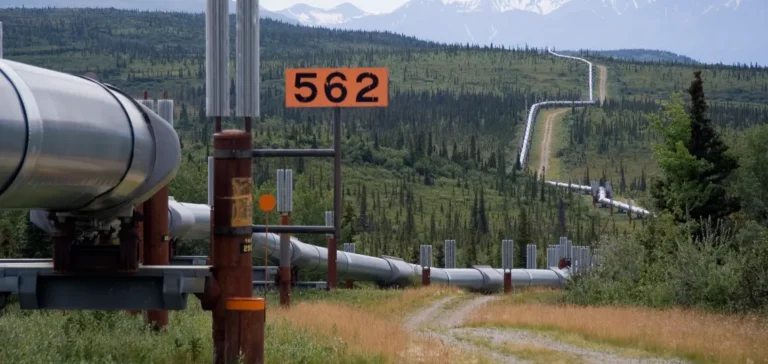The 135-mile Constitution pipeline project could generate up to $11.6bn in consumer savings over fifteen years in the US Northeast, according to an analysis published by S&P Global. The study highlights the critical role of this infrastructure in a region facing persistent energy constraints, especially during winter months.
A response to supply bottlenecks
Despite being close to the Appalachian gas basin, Northeastern states such as New York, Massachusetts and Connecticut face winter gas prices nearly three times the national average. The Constitution pipeline aims to address these supply limitations by increasing transport capacity in this under-served area.
The analysis states that the pipeline could reduce gas prices by up to 6% during peak consumption periods, even during average winters. Economic benefits are estimated at $8.5bn after accounting for service costs, with a potential $4.4bn contribution to regional gross product over the 2028–2043 contract term.
Price stability and economic impact
According to S&P Global projections, the project would support nearly 2,000 jobs annually in the US, across direct, indirect and induced categories. It could also generate up to $432mn in tax revenues for federal and local authorities.
The study notes that without additional natural gas capacity, major market distortions will continue, even with the expansion of renewable energy sources in the region. Cold weather intensifies strain on the gas network, driving prices up to 36 times the annual average on peak days.
A buffer against demand peaks
Natural gas demand for power generation is increasingly shifting to the winter, when renewable output is less consistent. This structural trend underscores the need for expanded transport capacity, particularly for urban centres reliant on stable heating supplies.
The report also indicates that improved price stability could encourage a switch from heating oil to natural gas, which has a lower emissions intensity. However, the financial and industrial projections remain central to the study’s findings, which focus on reinforcing the region’s energy supply resilience.






















